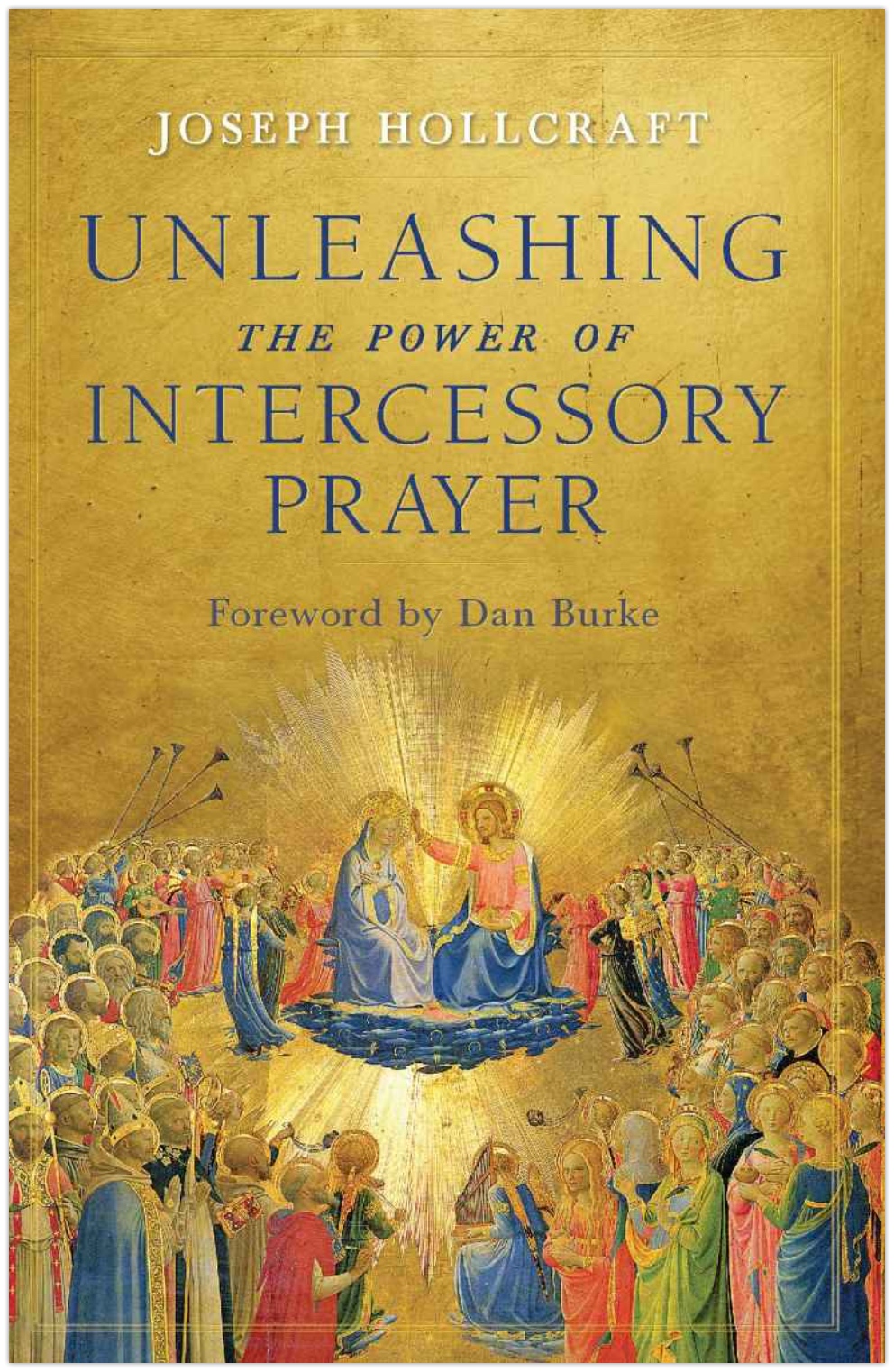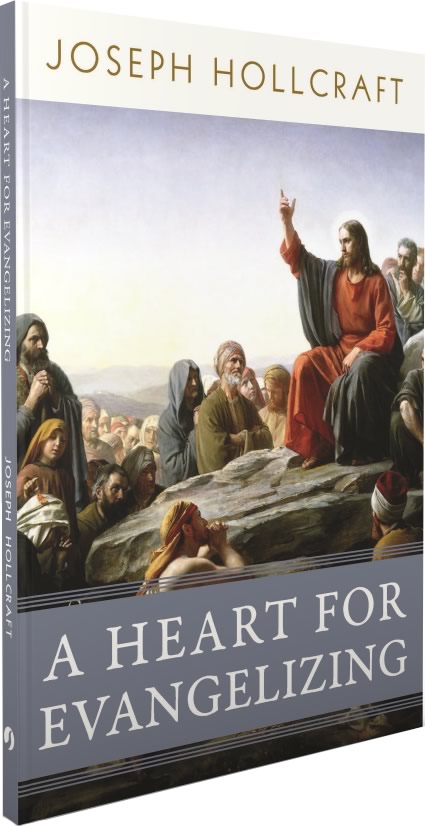In our latest installment of Book reviews, we move away from the more conventional “religious” book to a mid 19th century classic in Alexander Dumas’, The Count of Monte Cristo.Have you ever looked at a book, and said, “that looks just too long”, but you get it anyways, only to say when you are done, “that was not long enough”? Well, this is just that kind of book. In other words, when you pick up this book, be sure to find a nook and get comfortable, you will not be going anywhere for a while.
In The Count of Monte Cristo, you will be introduced to Edmund Dantes, an uneducated and unassuming sailor, who, after being taken advantage of in a series of encounters, finds himself imprisoned at Chateau d’if, a remote, dungeon-like prison in the outskirts of France. There, Dantes meets Abbe Faria, a brilliant Italian priest who teaches him the sciences and arts. Through a series of providential incidents, Edmund escapes the prison, but not before the good priest bequeaths to him his immense fortune.
In due time, Edmund Dantes finds Faria’s treasure in Monte Cristo, and emerges as the Count of Monte Cristo, but this would not be his only alias. He also takes the surname Lord Willmore. Herein lies the delicious genius of Dumas, two aliases that we are made to read in light of each other. As the Count, Dantes seeks acts of revenge for those who betrayed him. As Lord Wilmore, he seeks acts of charity for those whom he loved. To those whom he sought revenge, like that of Fernand Mondego--Dante’s rival for his once beloved Mercedes, Dumas describes with precision what lies in the heart of a man who is empty of God’s love. To those whom he sought charity, like that of Maximillian Morrel--a brave and honorable friend, Dumas describes with great clarity what lies in the heart of a man who is full of integrity and grace.
The character Edmund Dantes is haunted by the forces of good and evil. From one plot to the next, we read of Edmund, or the Count of Monte Cristo, driven by revenge; and concurrent with this narrative, do we have Edmund, or Lord Willmore, driven by goodness. It is as if Dumas is asking us the question: where does your heart lie: with the vengeful count, or with Lord William the Good? In this sense, over the last 175 years this read has emerged as a quasi Christian classic.
That being said, if you are a looking for an entertaining read over the next few months, I would highly encourage you to pick up this book, and enjoy just not the characters that Dumas serves up, but also the rich cultures that come with Edmund’s many travels. From Paris, to Rome, to Islands in the Mediterranean, this is an adventure novel that will surely delight you…and at once haunt you.
Get book at http://www.amazon.com/Count-Monte-Cristo-Alexandre-Dumas/dp/1853267333


